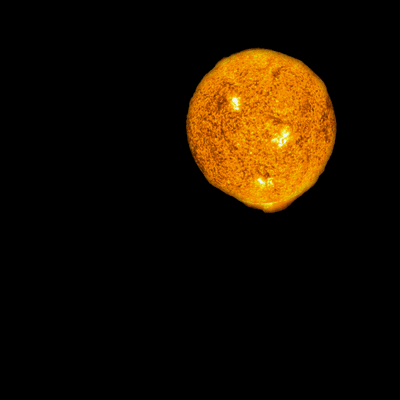Why does the night sky look dark?
It’s dark at night.
This seems obvious, but you’ll find something strange if you think about it a little.
Shouldn’t the universe be bright if the night sky is full of stars?
If there are nearly infinite stars in the vast universe, the night sky should naturally be bright because of their light. But why does the night sky appear dark?

In 1823, German astronomer Heinrich Olbers questioned the darkness of the universe. At the time, most scientists believed in a static universe model that neither expanded nor contracted.
The reason the night sky is dark is because the universe is expanding.
Georges Lemaitre first claimed that the universe was expanding in 1927. Two years later, based on a paper published by Edwin Powell Hubble of the United States, it became widely known. Recent observations have shown that most galaxies are moving away from our galaxy. The farther away a galaxy is from our galaxy, the faster it is moving away (accelerating expansion).
When a star moves away from an observer, its wavelength becomes longer than the original, causing the spectrum of the starlight to shift toward the red end. This phenomenon is called redshift. Very distant galaxies are so redshifted that their visible light wavelengths shift into the infrared range, making them invisible to our eyes. This is why the universe is dark.